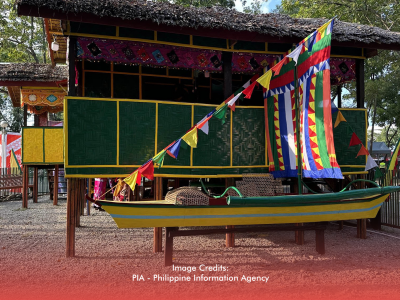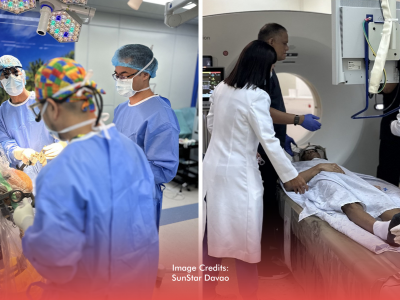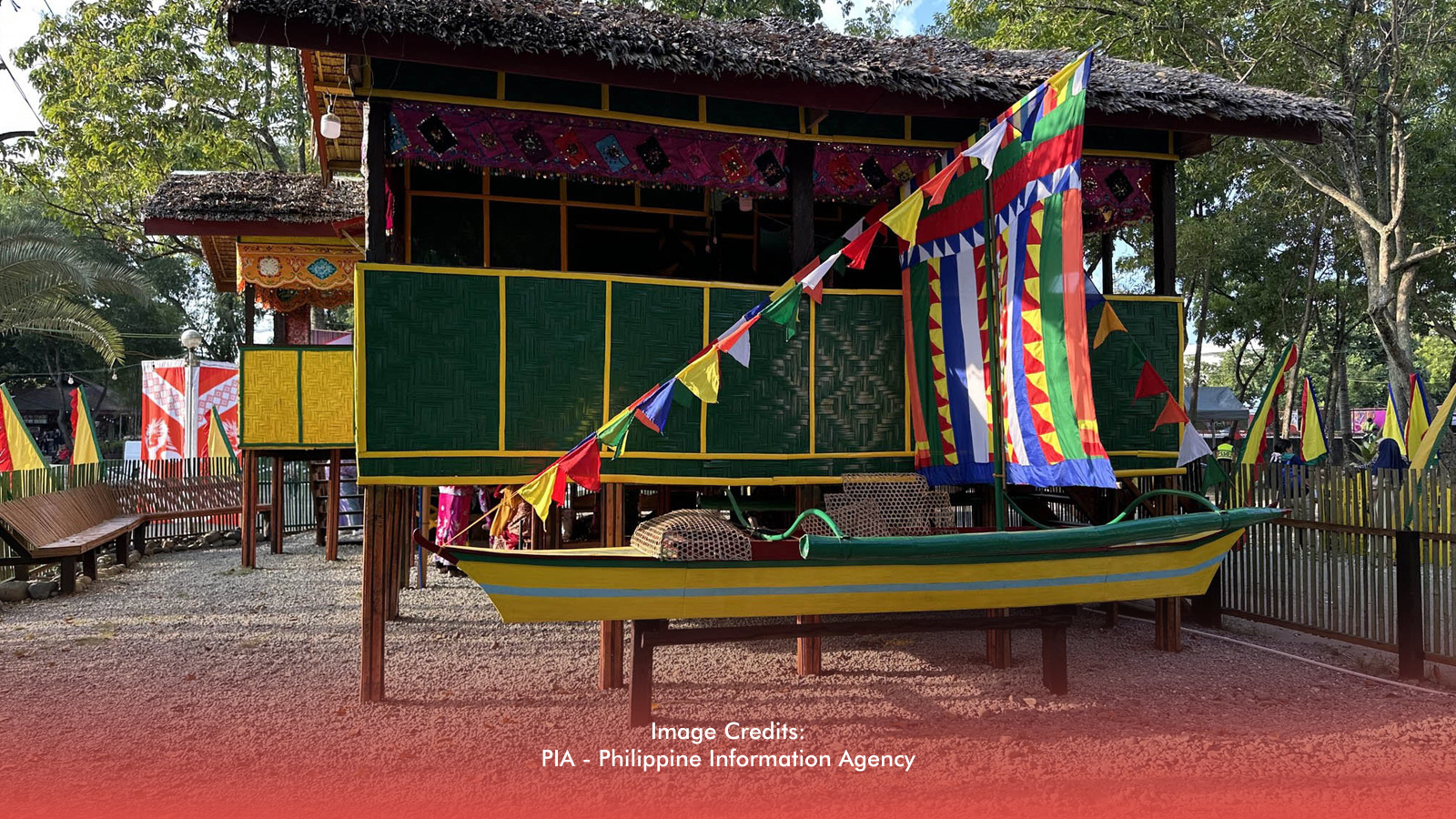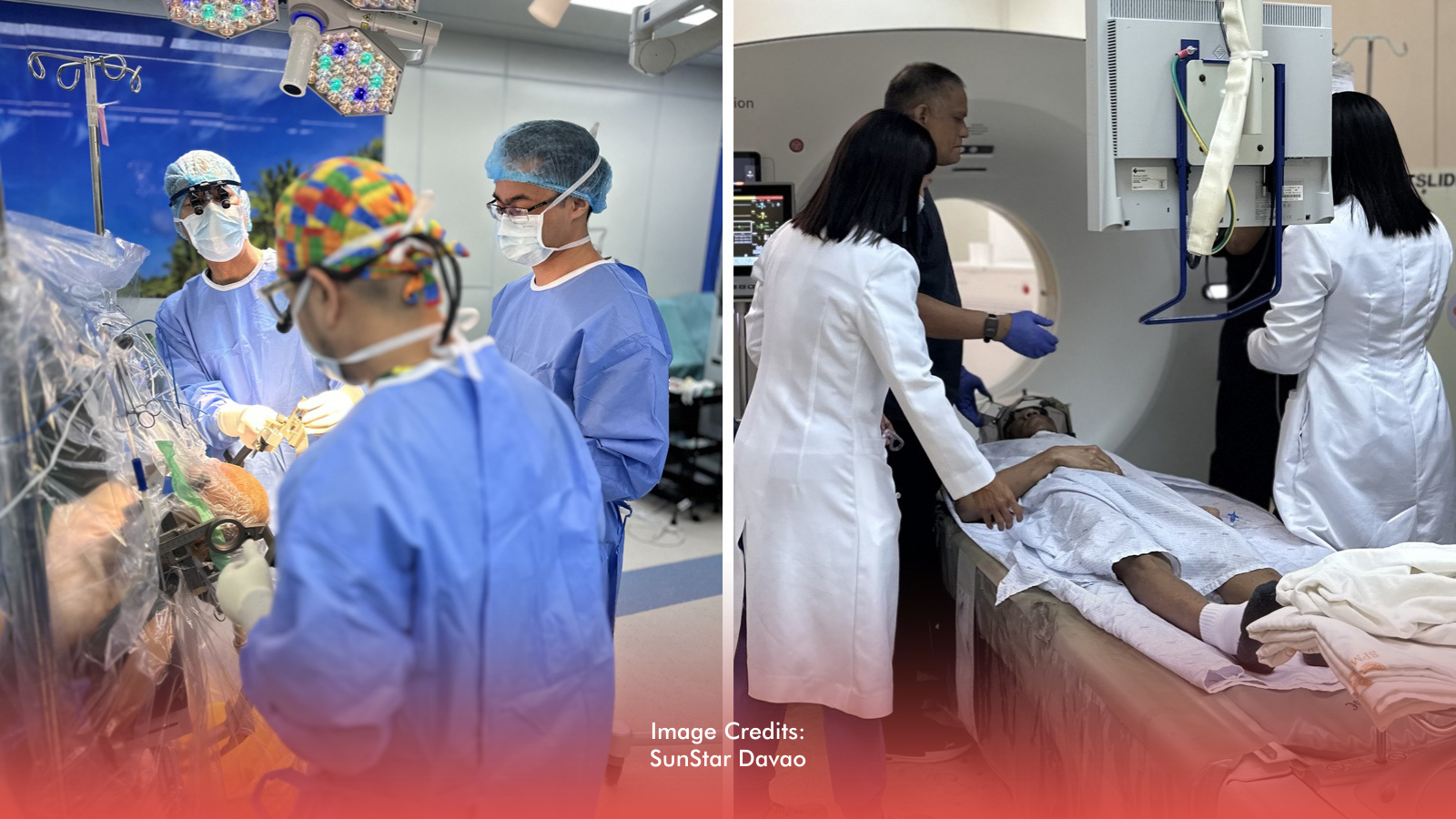A grant of USD 5.5 million (PHP 323.19) has been authorized by the Japanese government to help Sama Bajaus and other vulnerable communities in the Bangsamoro region towards having better access to birth registration.
The heads of the United Nations High Commissioner for Refugees (UNHCR) Philippines office, Maria Ermina Valdeavilla-Gallardo, and the Japanese ambassador, Endo Kazuya, signed the 30-month initiative's exchange of notes in Pasay.
“As a long time partner for development in the BARMM, Japan wishes for an enduring peace in the region accompanied by sustainable opportunities for progress. In translating such wishes to action, Japan supports developing governance, social services, infrastructure, and livelihood improvement in the region,” Ambassador Endo said.
Longtime funding and investment
Between 2024 and 2027, the funds will benefit 30,000 direct recipients, 100,000 indirect beneficiaries, and an estimated 800,000 additional beneficiaries over the next ten years.
In accordance with the Philippine government's normalization process, the project targets the nomadic Sama Bajau people who travel the seas, unregistered children who have been displaced due to armed conflict in the Bangsamoro Autonomous Region in Muslim Mindanao (BARMM), and decommissioned combatants and their families.
Through the BARMM Ministry of Social Services and Development (MSSD), UNHCR's original birth registration project will be expanded with the aid of this Japanese grant. Since 2019, the MSSD has assisted over 5,000 people.
The financing will support the digitization of local civil registrars by giving them access to a database system and information technology equipment, as well as capacity building initiatives in 50 municipalities across Maguindanao del Sur, Maguindanao del Norte, Lanao del Sur, Basilan, Sulu, and Tawi-Tawi.
A minimum of 600 people will be registered in each of the targeted communities, making a total of 10,000 Sama Bajaus, 10,000 unregistered children, and 10,000 deactivated combatants and their families.
Solving disparity
The UNHCR reports that although the birth registration rate nationwide in the Philippines is 96.6%, there is still a notable difference with BARMM at 77%.
Furthermore, every province in the area is among the ten with the lowest number of births officially recorded nationwide.
“These gaps in birth registration increase the risk of statelessness, as the absence of a birth certificate makes it difficult to prove one’s legal identity. This also causes challenges in terms of access to basic rights such as education, healthcare, employment, and freedom of movement. Without access to these rights, they can face a lifetime of obstacles,” UNHCR stated.








